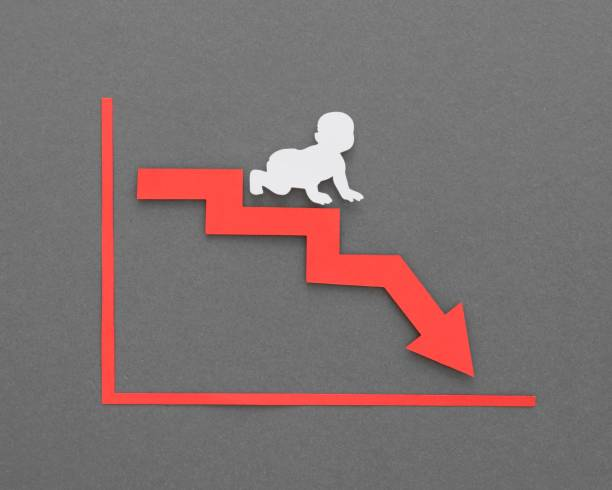The Eyes of Priest column in the Catholic Peace Weekly reports on an unwed couple who has made known the birth of their child.
The news of a Korean actor and model having a baby was surprising. On the 22nd, the child's mother, a model, announced the baby's birth through her social media. The father confirmed through his agency that he is the child's biological father. He stated that although there are no plans for marriage, he will fulfill his responsibilities as a parent to raise the child.
The columnist congratulates the father and mother on raising the child. He appreciates the courage of the two of them to choose life over abortion, even though it could tarnish the image that they have built up so far.
A child, God's creation "just by existing," brings joy and love to the world. He applauds the father for taking full responsibility for their child until the end. He prays that God will bless the couple and the child born.
The priest columnist is disappointed at some of the public's evaluation of this unmarried birth. Some entertainment media and YouTubers are pouring out gossip articles about inheritance or child support. They are also forcibly linking this incident to the mother's volunteer work and using sarcasm against her. All the words poured out on them feel like stones thrown at the woman in the Gospel of John.
If they treat famous celebrities this harshly, how much worse must it be for ordinary people who gave birth alone to protect their lives? Unfortunately, our community's atmosphere makes people choose abortion because of the opinions of others. I hope you put aside your curiosity and pray for this child.
However, he is concerned that voices are calling for various family structures because of this incident. They say that our society's traditional view of family through marriage is outdated. The younger generation is responding positively to the model's unmarried birth. The government is exploiting this atmosphere and promoting policies to diversify family structures. The birth rate is continuously falling, so they are trying to increase it this way. The National Assembly is discussing a bill that would recognize unmarried 'couples' and same-sex 'groups' as family status, like European countries like France.
However, the birth rate must be solved differently. As Tesla's Elon Musk recently pointed out, Korea's birth rate is falling due to structural problems in our society. The fundamental reasons for the low birth rate are long working hours compared to OECD countries, pyramid-based education as seen in the medical school entrance exam craze, materialism that believes money is the most important, and our politics that cannot solve this problem. Therefore, rather than the diversity of family composition, we need to change the reality that children face to increase the birth rate.
The Catholic Church supports all those who protect life. Like Mary's conception and Joseph's courage 2,000 years ago, I pray that the Lord's grace will be abundant for all who seek to protect life.






